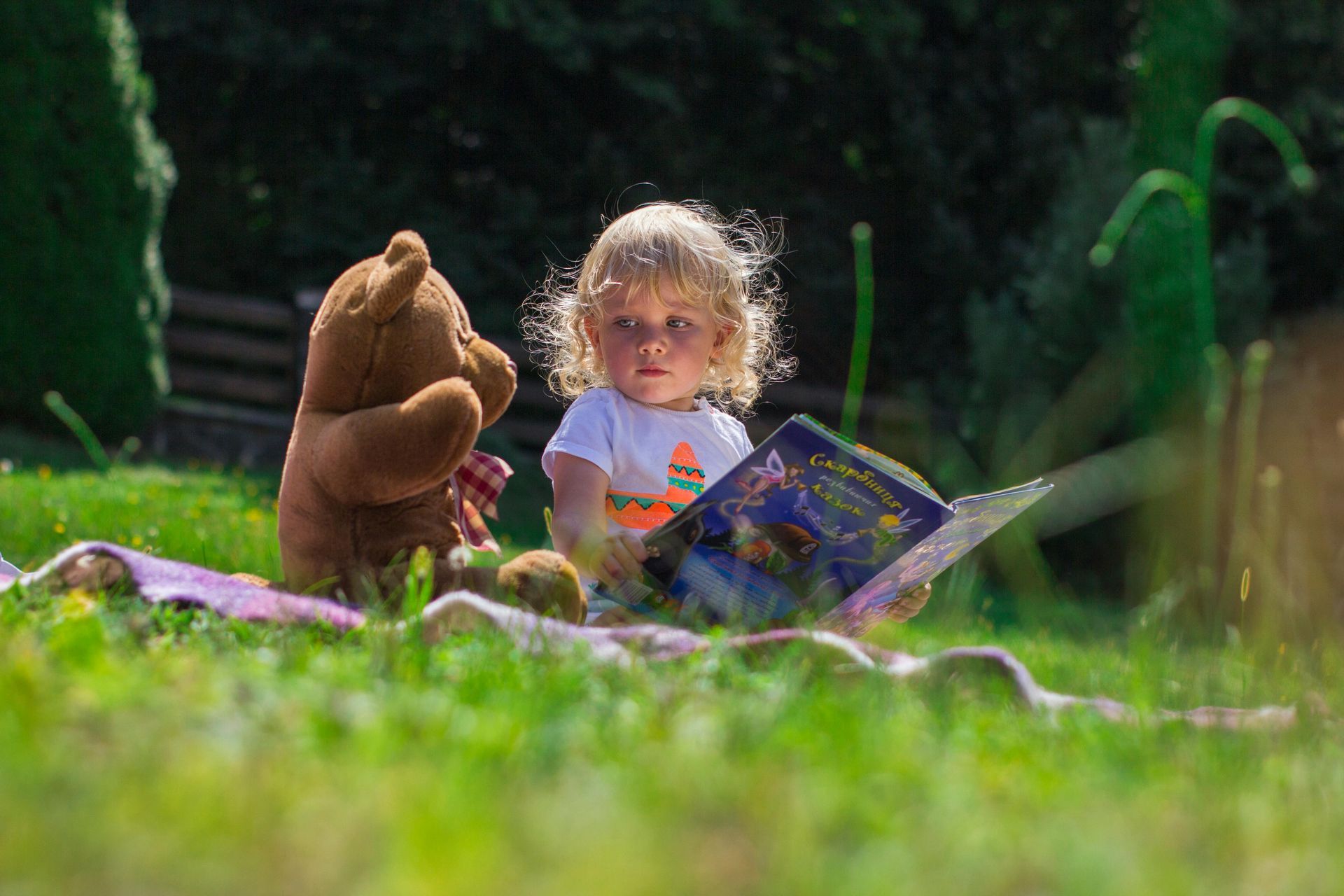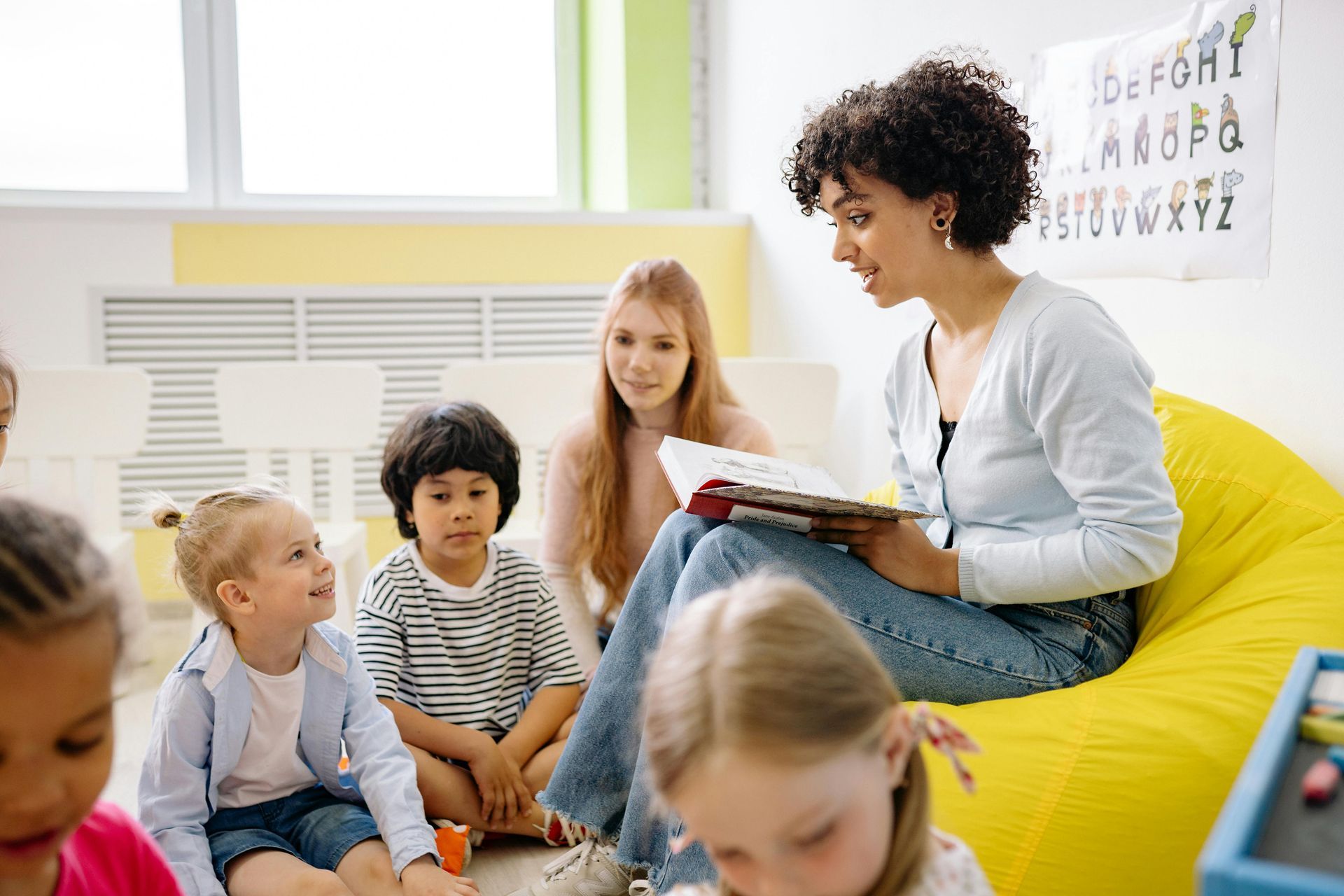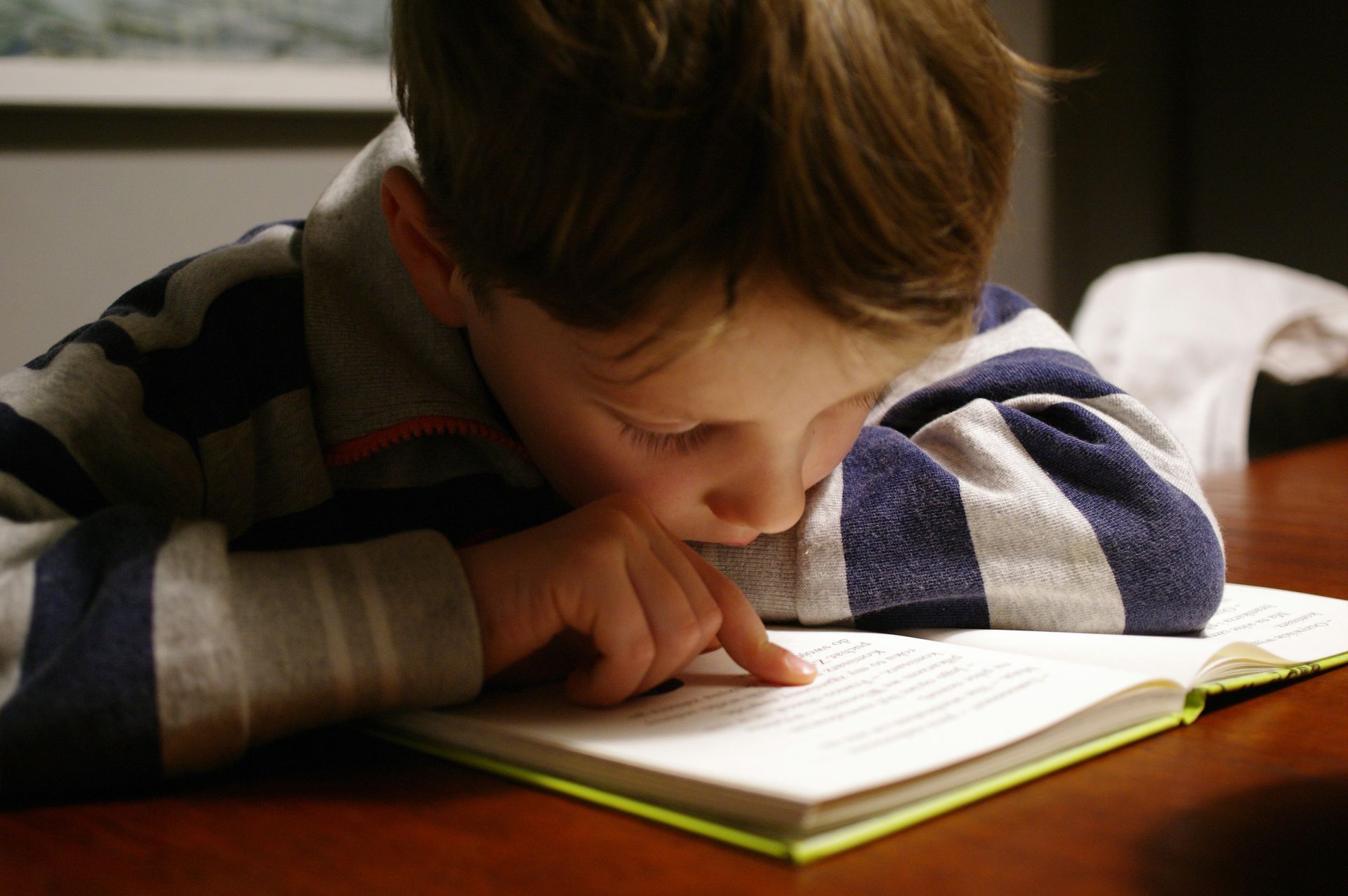Nurturing Young Minds: The Magic of Bedtime Reading for Children
Is Reading at Night Good for Children's Minds? Bedtime Reading Unlocks a World of Possibilities

As the sun dips below the horizon and the stars twinkle into view, a world of enchantment unfolds for young minds through the power of bedtime reading. Beyond the cosy blankets and hushed whispers, this nightly ritual holds the key to nurturing and expanding children's minds in remarkable ways.
A Journey to Cognitive Fitness
Just like physical exercise strengthens growing muscles, reading at night exercises the developing cognitive abilities of children. Their brains, akin to sponges eager to soak up knowledge, absorb the words on the pages with fascination. Each sentence, each character, and each plot twist engage different areas of their brain, fostering neural connections and enhancing cognitive flexibility.
Beyond Words: The Realm of Imagination
Children, with their boundless imagination, find an ally in bedtime reading. The stories woven on those pages transcend mere words, painting vivid images in their minds. As they immerse themselves in the tales, their creative faculties are ignited, paving the way for innovative thinking and problem-solving in the days to come.
Empathy and Emotional Growth
The characters and scenarios that inhabit the world of bedtime stories serve as mirrors through which children can reflect on their emotions and experiences. As they accompany protagonists through their journeys, children learn to identify with different perspectives, nurturing empathy and emotional intelligence. This newfound understanding of feelings and relationships becomes a cornerstone of their social interactions.
A Bridge to Literacy
Bedtime reading lays the foundation for language and literacy skills that are essential for a child's academic success. Exposure to a rich vocabulary and varied sentence structures strengthens their communication skills, setting them on a path of effective expression and eloquent articulation.
The Comforting Ritual
Beyond the cognitive and emotional benefits, bedtime reading offers a soothing balm for the bustling minds of children. The act of snuggling up with a beloved book creates a serene environment, promoting relaxation and tranquillity. This tranquil prelude to sleep ensures not only restful slumber but also a positive association with books and learning.
In conclusion, the tradition of bedtime reading isn't merely a ritual; it's a gift that keeps on giving, enriching young minds in myriad ways. As you share tales of whimsy and wonder with your children, you're bonding whilst bestowing upon them the treasures of cognitive growth, imaginative prowess and emotional intelligence. So, embrace the magic of bedtime reading with my
range of books and watch as your child's world expands, one page at a time. Here’s my
website explaining the benefits of reading and how my ideas came about.

Design & Build by Kangaroo UK









